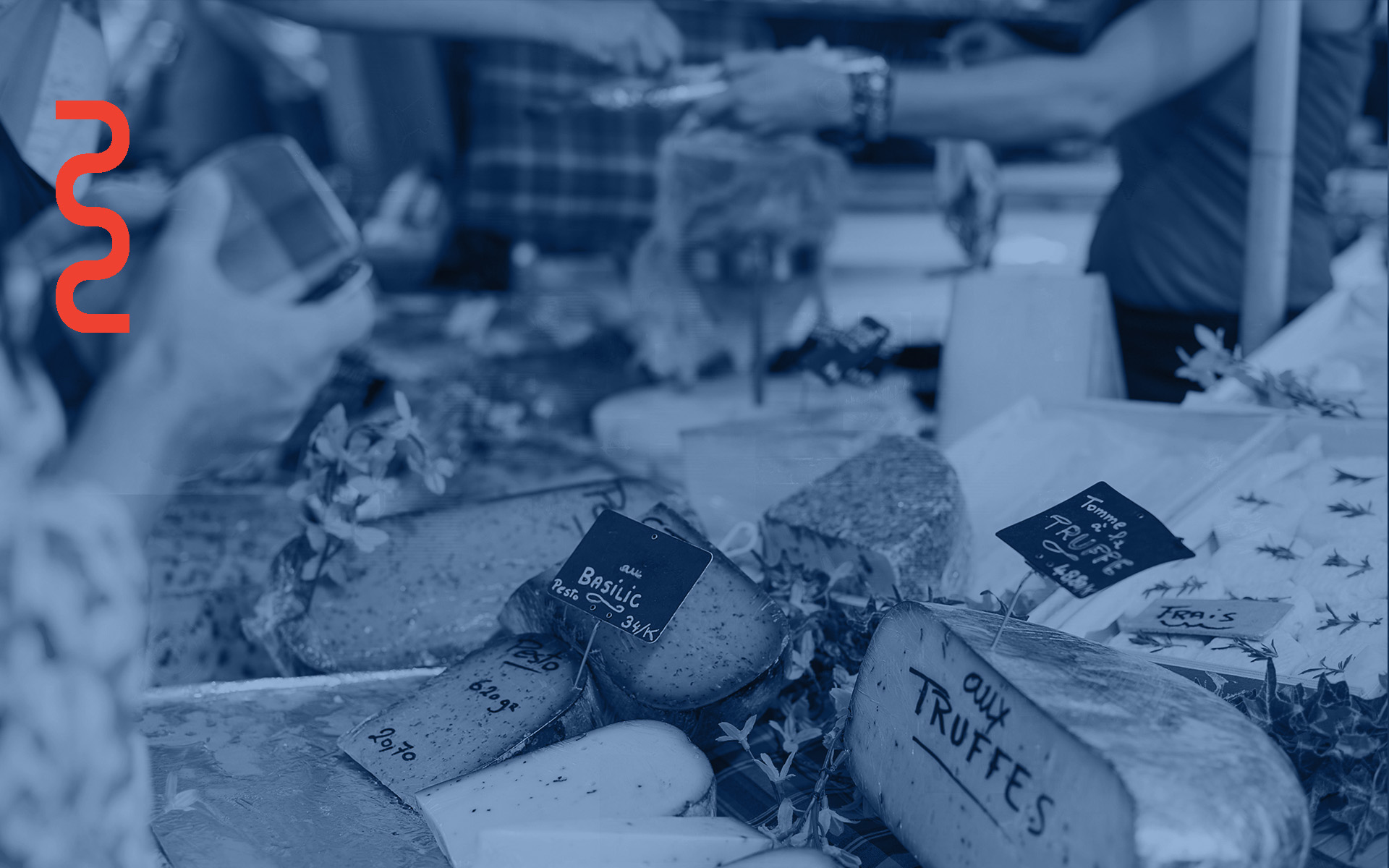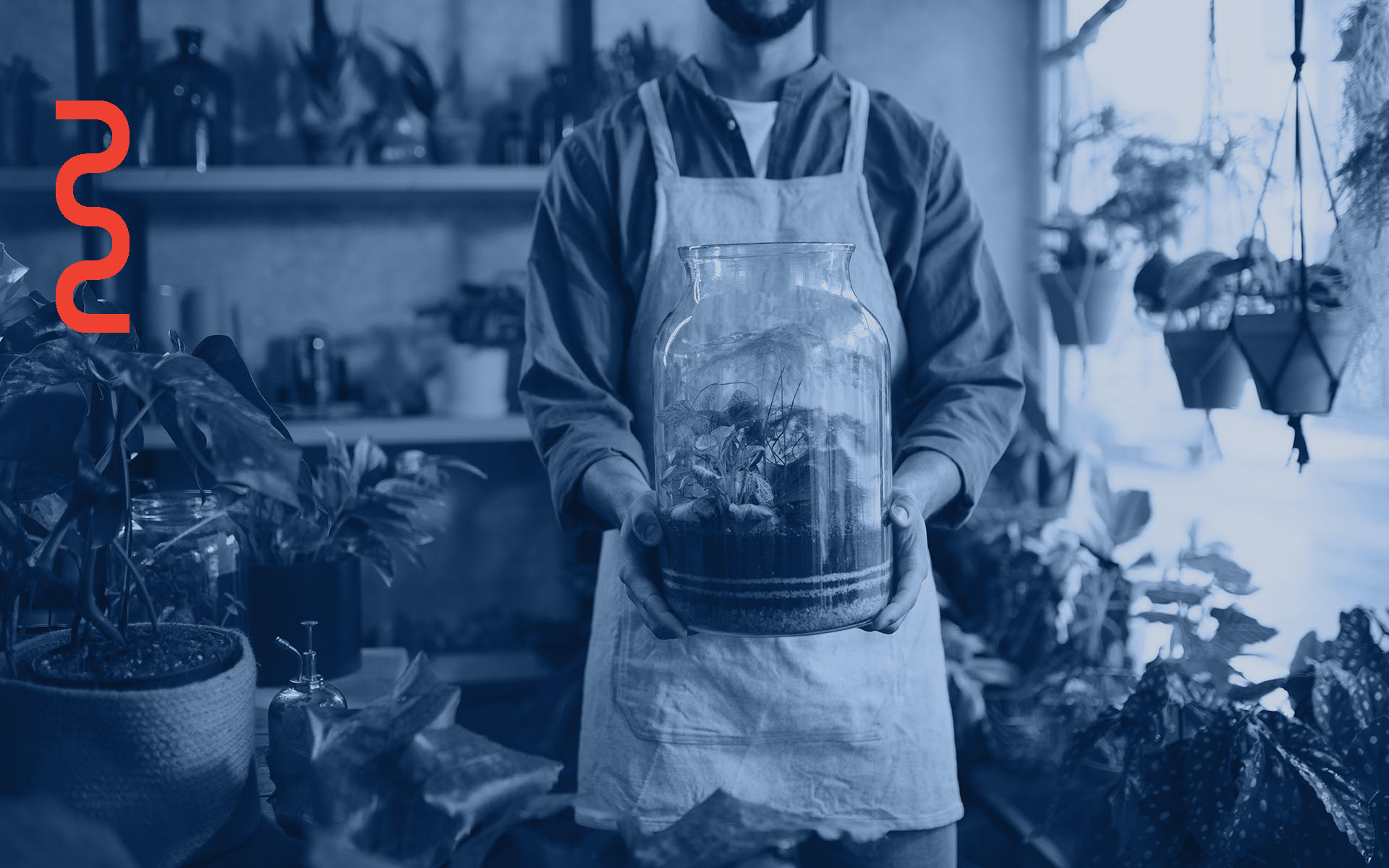Entrepreneurship—and entrepreneurs themselves—typically look to fill gaps in the market and meet previously unmet needs. But in the past few years, financial crises, supply chain interruptions, and social and environmental concerns have disrupted business as usual.
How is entrepreneurship evolving to meet the changing needs of all stakeholders, from investors to community members? And what do sustainable strategies, informal economies, and deviant identities have to do with the changing face of entrepreneurship today? In the past several months, Delve has shared new research at the McGill Desautels Faculty of Management that investigates how entrepreneurs are rethinking their approaches, whether to initial financing or the social and cultural effects of their business.
Three recent Delve podcast episodes and accompanying articles dove into questions of entrepreneurship’s changing state, asking:
- How can alternatives to scaling up benefit a new company as well as the community it intends to thrive in?
- What can be learned from small-business practices in informal economies about entrepreneurship ventures in the West?
- When do the rules really matter and when can rules be deviated from in distinct creative entrepreneurial communities?
Scale Deep Not Up for Sustainable Local Entrepreneurship, with Anna Kim and Suntae Kim
How would definitions of business growth and success change if entrepreneurship ventures decided that instead of scaling up, they would “scale deep”? While scaling up allows an organization to pursue fast expansion with goals of going national or global, scaling deep lets an organization pursue enduring growth and sustainability anchored to its original location.
In economically polarized and impoverished areas, venture-capital-backed entrepreneurship, often heralded as “transformational” or “revitalizing,” might not have as positive or as lasting an impact as alternative forms of resourcing, such as ventures that make do with local resources at hand to solve local problems.
On the Delve podcast, Desautels Professor Anna Kim and her co-author Johns Hopkins Carey Business School Professor Suntae Kim discuss their eight-year study of two entrepreneurship-nurturing organizations in Detroit, revealing important differences in resourcing modes and venture growth. What they observed in that city is happening in many other places, whether small towns or big cities, rural or urban, where the issue of revitalization is top of mind.
“With the scaling deep approach, the more locally embedded approach, because you keep working with local partners, utilizing local resources, and making connections in those local contexts, your services and products become very, very meaningful locally,” explains Anna Kim. “But it doesn’t actually mean a lot outside of Detroit or outside of a certain neighbourhood. So it actually anchors them even more deeply in the local context.”
For more insights on scaling deep, listen to the podcast and read the article.
Lessons on Economic Growth from the Informal Economy, with Robert Nason
What does the word “entrepreneurship” immediately bring to mind? Risk and reward, innovation and hard work, funding and financial growth, filling gaps in the market? In truth, that answer looks different around the world, in both formal and informal economies, depending on how the local, state, and national economies function and on how the culture views business ownership.
On the Delve podcast, Desautels Professor Robert Nason discusses informal economies and the institutions that shape them, pointing out what has been missed in how Western economic thought defines entrepreneurial growth, and what can be learned from the less rigid, arguably more inclusive nature of informal economies.
“Markets take different shapes and sizes—you have to appreciate those differences in order to understand how organizations compete, how to lead people in those contexts, what’s going to motivate them, what’s going to resonate with people,” says Nason. “What we need is a more decolonizing approach that gets away from imposing our implicit biases and assumptions on other places and understanding them on their own terms. Through that, you’ll have a better appreciation for what organizations and people need to grow and succeed and thrive along whatever dimensions they find most important.”
Beyond stereotypes of cash-only marketplaces and underground dealings, Nason’s recent research defines the informal economy as economic activity with the absence of legal or state regulatory institution. Inspired by work they’ve done in Cape Town, South Africa in partnership with a non-profit on sustainable livelihoods, Nason and his co-author Joel Bothello’s paper, Far from Void: How Institutions Shape Growth in the Informal Economy, critiques the accepted academic view of informal economies as lacking a certain type of economic growth at the firm level.
For more insights on the informal economy, listen to the podcast and read the article.
When does deviance from the norm propel a career or stop it in its tracks? Call it law-breaking or call it creative license, in creative industries and occupations, intellectual property concerns can make or break reputations, careers, and companies. Ask the creators themselves whether something is deviant, illegal, or illegitimate and the answers aren’t simply yes or no, they’re varying shades of grey. In the electronic dance music community, for one, the enforcement of certain norms and legalities around intellectual property isn’t always up to the law—it’s up to the community.
In their recent research paper “Deviance as a Means to Build a Legitimate Career: Evidence from the EDM Industry,” Desautels Professor Amandine Ody-Brassier and her co-author, Copenhagen Business School professor Xu Li, discovered that within the electronic dance music (EDM) community, norms around unlawful activities such as illegal remixes are loose and often garner support, even career-launching acclaim—despite EDM’s global nature and each country having its own intellectual property laws.
“What you consider deviant in one community may not be viewed as deviant in another community; it is in the eye of the beholder,” explains Ody-Brasier. The exact same behaviours could be labeled differently. Her research asks how norms—appropriate behaviours shared by community members—affect careers and other economic outcomes in creative occupations. “It doesn’t make a lot of sense that you would be able to launch a career on an illegal product,” adds Ody-Brasier, who decided to figure out why, in fact, it did make sense in the EDM community.
For more insights into why deviance and illegal activity in a creative community is often supported, listen to the podcast and read the article.
Delve, the official thought leadership platform of McGill University’s Desautels Faculty of Management, covers all areas of research at Desautels. Subscribe to the Delve mailing list for the latest research-based content, including articles, podcasts, and events.
The Delve podcast is produced by Delve and Robyn Fadden. Original music by Saku Mantere. Subscribe to the Delve podcast on all major podcast platforms, including Apple podcasts and Spotify. And follow Delve on LinkedIn, Facebook, Twitter, Instagram, and YouTube.

Anna Kim

Robert Nason
Director, Innovation & Entrepreneurship














